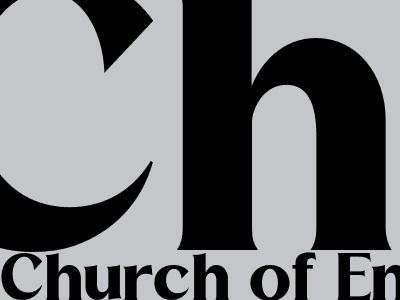
The Church of England's Historic Vote on Same-Sex Marriage
A Pivotal Moment for the Anglican Communion
The Church of England's Historic Vote
In a historic vote, the Church of England's General Synod has backed a motion to allow blessings for same-sex couples. The move marks a significant shift in the Church's stance on same-sex relationships and has sent shockwaves through the Anglican Communion.
The vote was passed by a narrow margin, with 250 votes in favor and 181 against, following years of debate and discernment within the Church. The decision is a compromise that allows individual clergy to choose whether or not to offer blessings for same-sex couples, while also upholding the traditional definition of marriage as between a man and a woman.
A Divided Anglican Communion
The Church of England's decision has sparked controversy within the Anglican Communion, a global fellowship of churches with over 85 million members. Some Anglican provinces, including the Church of Nigeria and the Church of Uganda, have expressed their disappointment and threatened to break communion with the Church of England over the issue.
The Archbishop of Canterbury, Justin Welby, has sought to reassure the global Anglican Communion that the Church of England remains committed to maintaining unity. However, the decision has raised questions about the future of the Anglican Communion and its ability to hold together churches with differing views on same-sex relationships.
Theological Implications
The Church of England's vote has profound theological implications. The traditional view of marriage as a sacrament between a man and a woman is rooted in centuries of Christian teaching. The decision to allow blessings for same-sex couples challenges this traditional understanding and raises questions about the nature of marriage and the role of the Church.
Proponents of the motion argue that it is a matter of pastoral care, allowing the Church to offer a blessing to same-sex couples who are committed to each other in a loving and faithful relationship. Opponents argue that it undermines the biblical definition of marriage and sends a confusing message to the wider world.
Conclusion
The Church of England's vote on same-sex marriage is a historic moment that has far-reaching implications for the Anglican Communion and the wider Christian world. The decision reflects the changing attitudes towards same-sex relationships in society and within the Church, but it also highlights the deep divisions that exist on this issue.
The future of the Anglican Communion is uncertain, but the Church of England's decision is a significant milestone in the ongoing debate about the nature of marriage and the role of the Church in a rapidly changing world.